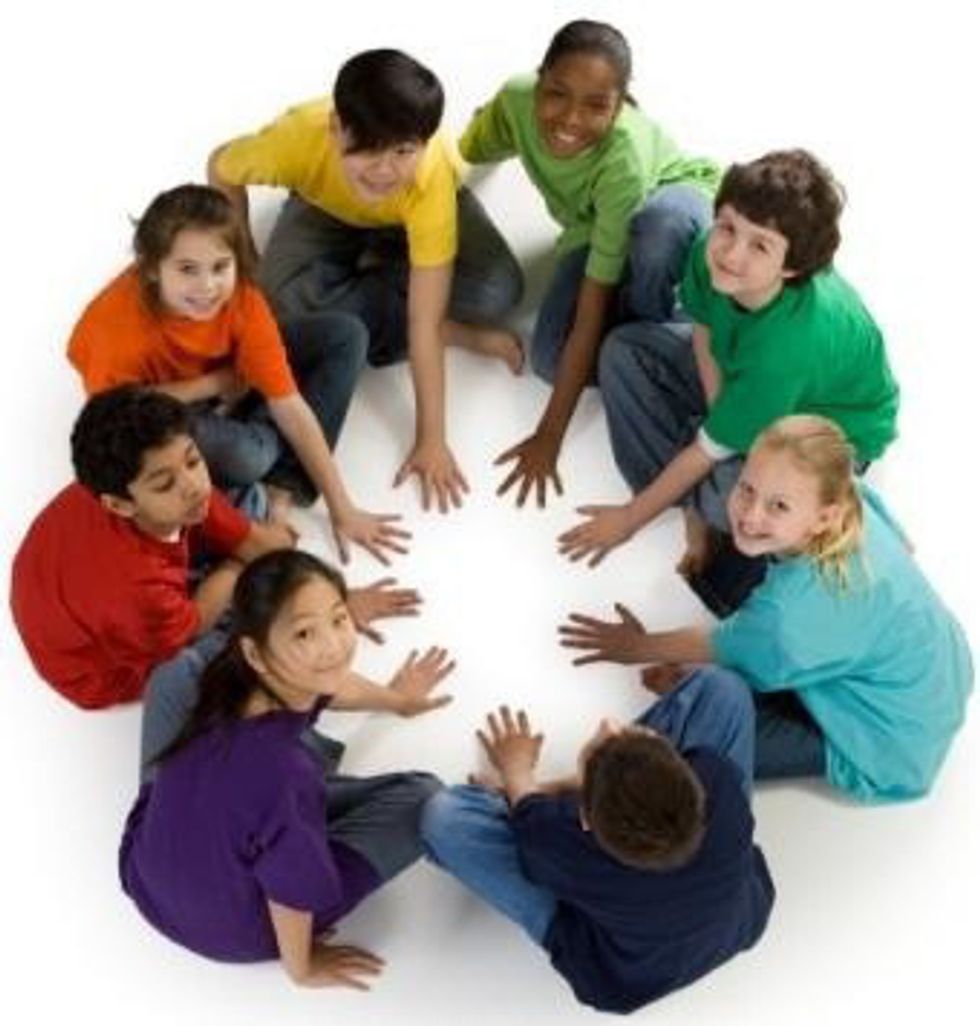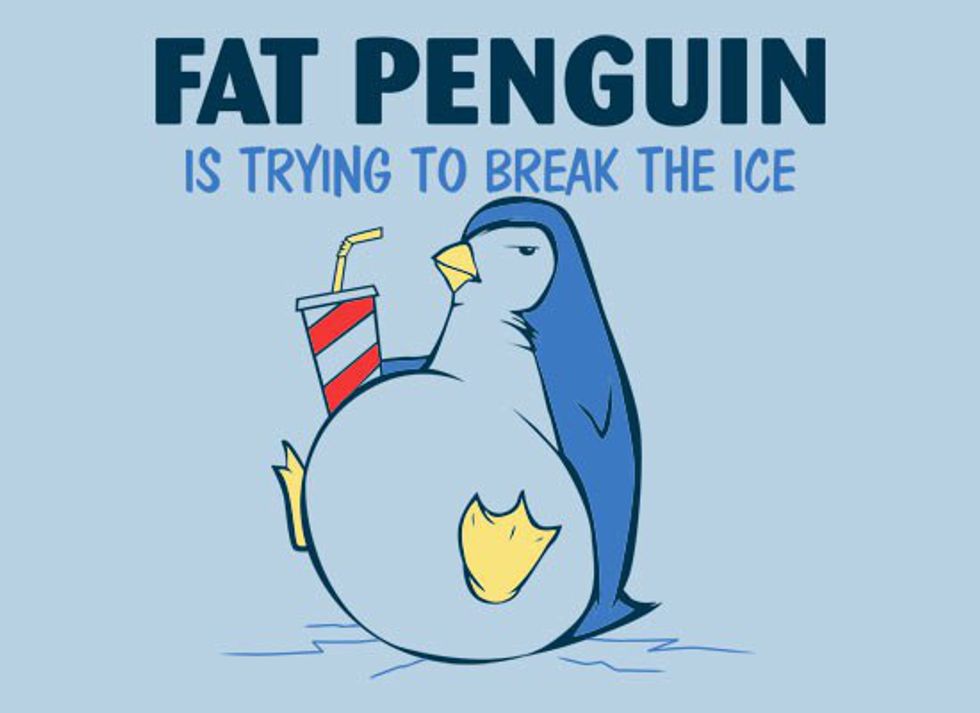I really hate icebreaker games. All of those games—two truths and one lie, one fun fact—have the intention of creating closer bonds between people, but the reality never ends up that way. For people such as myself, icebreaker games cause a lot of anxiety. You have less than a minute to offer your contribution to the group, and by the time you've finished speaking, the rest of the group has already forgotten what you said. So the anxiety ends up being for nothing, and there rarely is any gain. The walls are still up.
Realistically, people form opinions from the moment they see you come through the door. Judging is one of our most basic instincts; it's how we determine threats. Regardless of whether the opinions are positive or negative, offering a "fun fact" or the "craziest thing you've done" will not change their opinions. Furthermore, these icebreaker games don't tell anyone any significant information about you. In large groups of new people, there are lots of stimuli and words just naturally get lost in the shuffle.
On the first day of my social psychology class, my professor folded his hands in front of him and told us to get ready because we were going to play icebreaker games. I don't remember whether or not I physically reacted to this, but my insides twisted up in that familiar way as I ran through my head what my fun fact would be. Then he did something a little different: he broke us up into small groups. This is where he went right and where most icebreakers games go wrong, in my opinion. No connections can be made in large groups, but smaller and more substantial connections can be made where there is more focus on less people. I picked up my things and moved to where my group of strangers had all gathered.
My professor gave us the simple instructions of the icebreaker: one person was to stay silent while the rest of the group members judged them. But it wasn't anything to be nervous about, he promised. The rest of the group was to tell the one person what they thought of them just by how they acted since they walked through the door and from their clothes. All of us were a little caught off guard.
This exercise was amazing. With each person we analyzed we realized how much we could tell from a person without knowing them at all. In contrast, we were shown how little we could actually know about a person but assume anyway. As we learned about the image we projected out into the world, the few of us were able to connect very quickly and create a form of a bond. Most of us were surprised about what we heard—but pleasantly so. People offered counters to the interpretations that were not correct, opening up real and intriguing conversations. It was the real stuff that we learned about each other, not what we did last summer or what weird things we could do with our bodies. I'm sick of, "Hi everyone, my fun fact is, um...I'm left-handed?" and the crickets that come afterward. If all icebreakers were like the one in my social psychology class, I really wouldn't mind.





















